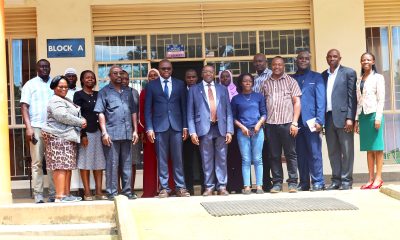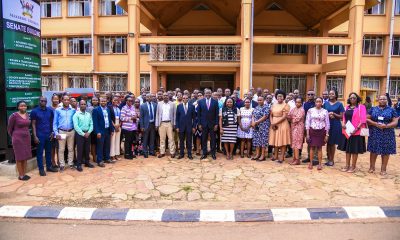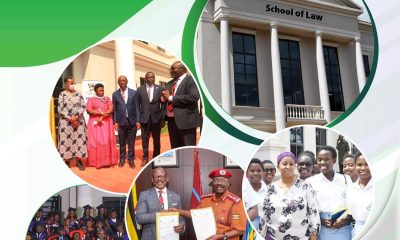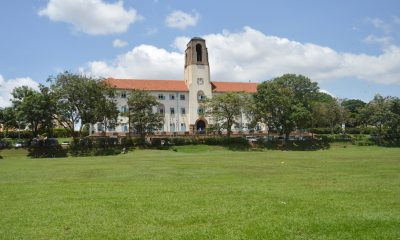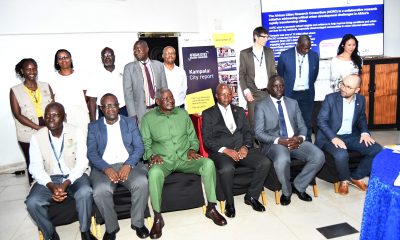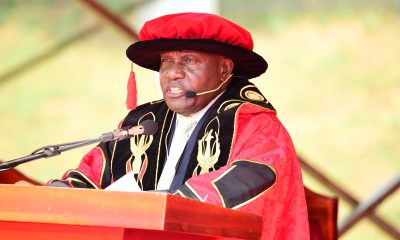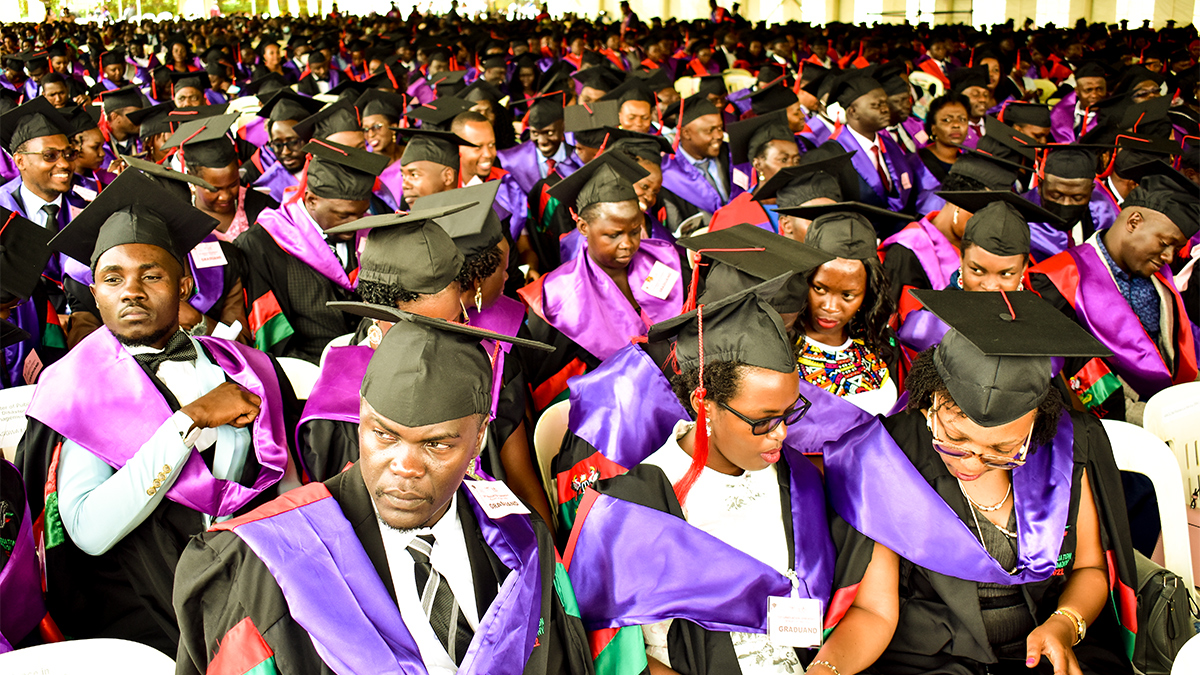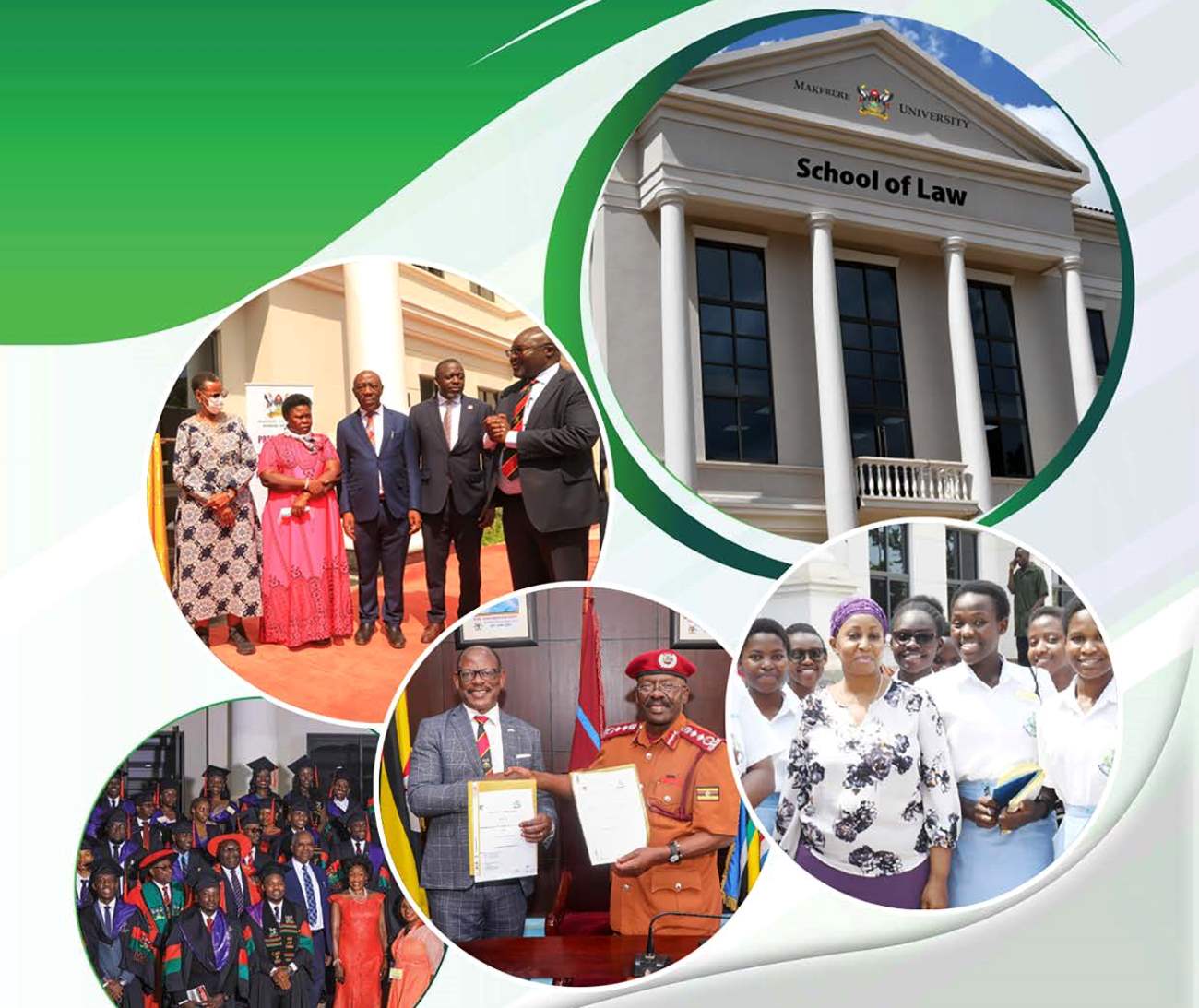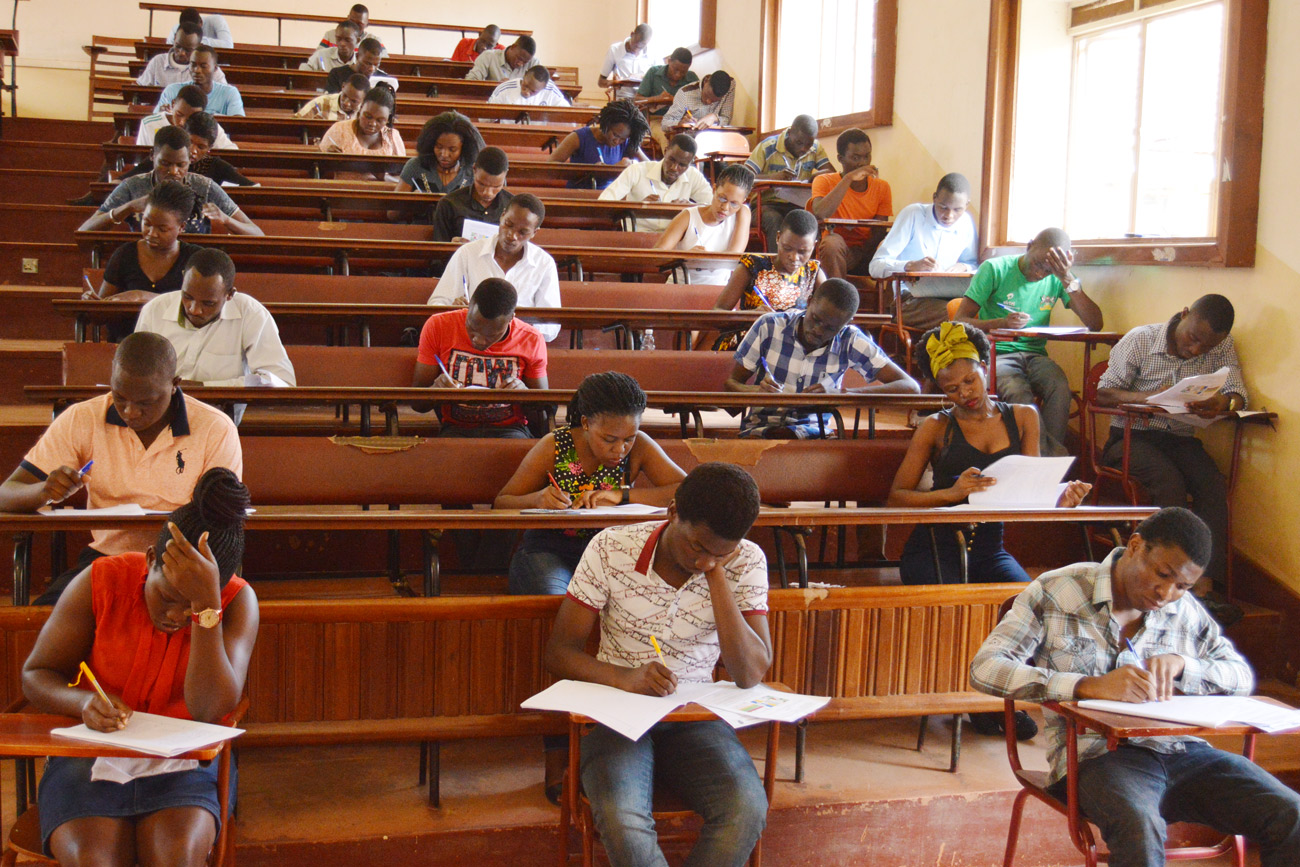It is my pleasure to share the School of Law Annual Report for 2024. The report highlights the major activities undertaken and the key outputs realized in light of our core mandate of teaching, research, knowledge transfer and community outreach.
I am happy to report that we successfully implemented all scheduled activities concerning teaching and learning. These included teaching, continuous assessments, final examinations, orientation for new students, field attachment for our LLB III students and graduation among others. At the 74th graduation ceremony held in January 2024, the School of Law presented 285 graduands (1 Doctor of Laws, 20 Master of Laws and 264 Bachelor of Laws). During this ceremony, Hon. Justice Fredrick Egonda Ntende and Hon. Betty Bigombe whom the School of Law had recommended, received their Honorary Doctor of Laws degrees of Makerere University for their distinguished service and contribution to society. The School of Law is very proud of these distinguished citizens. We thank Makerere University Council for having approved their awards.
Our students continued to excel in the different national and international moot court competitions. During the Phillip Jessup International Law Moot Competition held in Washington in April 2024, Makerere University School of Law was recognized as the highest ranked team from Africa. In the area of research, our faculty undertook a number of research projects and published many scholarly articles and research reports on different subjects. I congratulate them for the research outputs realized.
The Judiciary of Uganda and the Parliament of Uganda are some of our key partners and stakeholders. During the reporting period, through our staff and students, the School of Law participated in and contributed to a number of activities organized by these two arms of Government. Key among these included the Africa Judiciaries’ Summit on Alternative Dispute Resolution (5th March 2024), the 7th Annual National Plea Bargaining Conference (21st June 2024), the Alternative Dispute Resolution Week (5th – 9th August), the Family Justice Summit (12th -13th August 2024) and the 7th Chief Justice Benedicto Kiwanuka Memorial Lecture. In May 2024, our students appeared before the Health Committee of Parliament and presented their views on the Human Assisted Reproductive Technology Bill, 2023.
Through mainly our different advocacy and outreach entities including the Public Interest Law
Clinic (PILAC), the Refugee Law Project (RLP) and the Human Rights & Peace Centre (HURIPEC) our staff and students conducted and participated in a number of community outreach activities. Key among these included: training of police officers on juvenile justice; training of judicial officers on juvenile justice; providing legal aid services to female prisoners in Luzira Prison; and conducting the Administrative Law short course for public officers in various parts of the country.
In December 2024, the First Lady and Minister for Education and Sports, Hon. Janet Kataaha
Museveni officially opened our new School of Law building. The three-storied building has several facilities including staff offices, lecture rooms, seminar rooms, state of art moot court room, a library, a lactation room and a cafeteria. These facilities will greatly enhance the teaching and learning environment at our School, which is key to providing high-quality legal education and training. The building worth 7.3 billion UGX was fully funded by the Government of Uganda.
I thank the Government of Uganda, Makerere University Council, Makerere University Top
Administration and all our partners and well-wishers for the continued support that enables us to implement our programme of work. I also thank my fellow leaders and colleagues at the School of Law for the support and participation in the different activities.
As We Build for the Future
Ronald Naluwairo, PhD
Associate Professor
PRINCIPAL
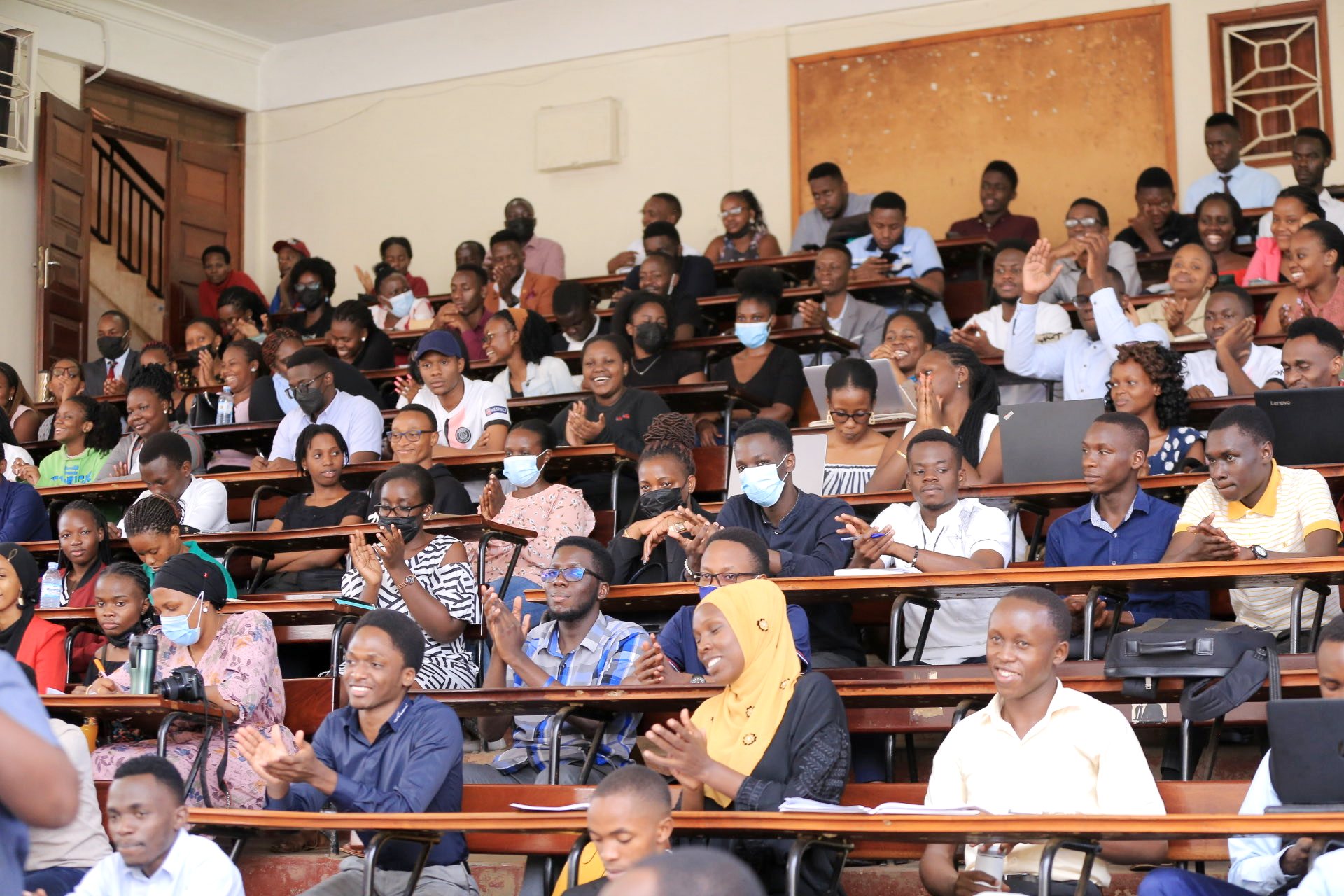

 General2 weeks ago
General2 weeks ago
 General1 week ago
General1 week ago
 General5 days ago
General5 days ago
 General2 weeks ago
General2 weeks ago
 Health1 week ago
Health1 week ago
